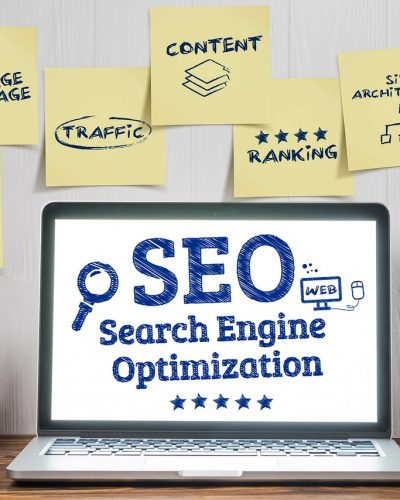Regularly publish well-researched, keyword-optimized blog posts that answer common questions or provide solutions to your audience’s problems.
Content is the backbone of SEO. Search engines like Google prioritize high-quality, informative, and relevant content that provides value to users. The more helpful and engaging your content is, the more likely it is to rank well in search results and drive traffic to your site.
For example, if you offer digital marketing services, you could write guides on "how to improve your website’s SEO" or "the best SEO tools for businesses in the UK."
Show potential customers how your services have helped others. Include real data, testimonials, and results to build trust and credibility.
Use videos, infographics, and other visual content to make your website more engaging and improve user experience.
Backlinks are one of the most important ranking factors in SEO. High-quality backlinks from authoritative websites signal to search engines that your site is trustworthy and relevant, which can boost your rankings. Creating high-quality content not only helps you rank for relevant keywords but also attracts users who are looking for helpful information. Engaging content also encourages social sharing and backlinks, which can further improve your rankings and increase your website’s reach.

By optimizing for local SEO, you can ensure that your business is easily discoverable by people within your geographic region who are actively searching for relevant services. This leads to higher-quality traffic and increases the likelihood of conversions from local customers.
Backlinks help improve your search engine rankings, leading to increased organic traffic. As authoritative websites link to your content, your site gains exposure to their audiences, which can drive more qualified traffic and conversions.
User experience (UX) plays a significant role in SEO. Google prioritizes websites that offer a positive user experience, such as fast loading times, mobile-friendliness, and easy navigation. Develop highly valuable content, such as research studies, infographics, or white papers, that people will naturally want to link to. Write guest posts for reputable websites in your industry. Ensure that these posts are well-written and include a link back to your site.

Collaborate with influencers or industry leaders to gain backlinks from their blogs or websites. Share your content on social media and other platforms to encourage people to link to it. Ensure that users can easily find the information they’re looking for. A simple and organized navigation structure improves user satisfaction and encourages conversions. Make it easy for visitors to take the next step, whether it’s making a purchase, filling out a contact form, or subscribing to your newsletter.
Slow-loading websites lead to higher bounce rates. Compress images, use caching, and minimize code to improve page load times.
With the increasing use of smartphones, ensure that your website is fully responsive and provides a seamless experience across all devices.
When your website provides a seamless and enjoyable experience, visitors are more likely to stay longer, explore more pages, and ultimately convert into customers. Additionally, positive user experience signals to search engines that your site is valuable, improving your rankings. If your business operates in multiple locations, create dedicated landing pages for each region or city to enhance your local visibility. Use header tags (H1, H2, H3) to structure your content logically, making it easier for both users and search engines to read and understand.

